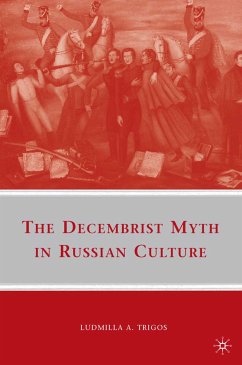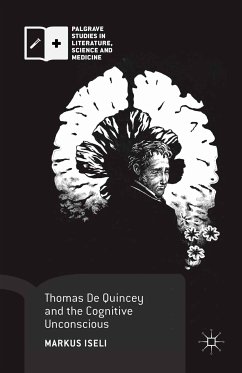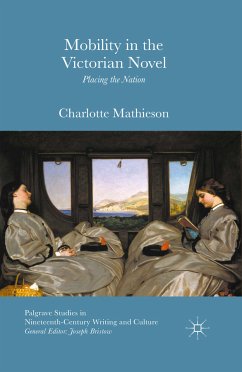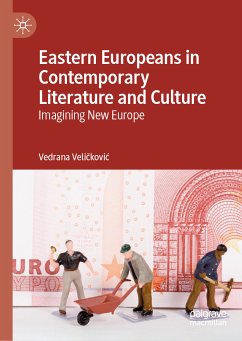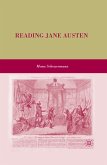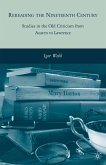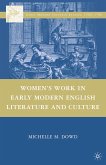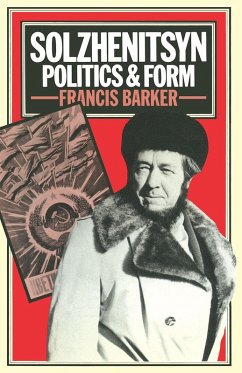Dieser Download kann aus rechtlichen Gründen nur mit Rechnungsadresse in A, B, BG, CY, CZ, D, DK, EW, E, FIN, F, GR, HR, H, IRL, I, LT, L, LR, M, NL, PL, P, R, S, SLO, SK ausgeliefert werden.
Hinweis: Dieser Artikel kann nur an eine deutsche Lieferadresse ausgeliefert werden.
"Trigos exciting book traces the ever-changing, sometimes surprising, shapes of the Decembrist myth in nineteenth, twentieth, and twenty-first-century Russian culture. At points in history upon which Trigos focuses in this truly interdisciplinary study, she explores the complex intersections of the historical, political, and high and low cultural responses to the Decembrists. A fascinating book!" - Ellen Chances, Professor of Russian Literature, Princeton University
"On December 14, 1825, a small group of disaffected officers and noblemen attempted to overthrow the Russian autocracy. Their revolt failed miserably, and its lack of clear planning and purpose, combined with the fact that the new Tsar, Nicholas I, tried both to suppress the story and to use it for his own political ends helpedmake it into a rich source of myth and legend. The Decembrist Myth in Russian Culture explores this process as it unfolded over almost two centuries, moving deftly among works of historians, memoirists, revolutionaries, authors of fiction and poets, as well as composers and filmmakers. Trigos account offers a unique and engrossing survey of modern Russian culture from Pushkin to Putin, from the classics to the Bolsheviks, from dissidents to postmodernists. Her account dramatically brings home the fact that in Russia to this day history is still very much up for grabs." - Marcus C. Levitt, Associate Professor of Slavic Languages and Literatures, University of Southern California
"The Decembrist uprising was uneventful and led to no perceptible change. The same cannot be said about the myths it bred. This lucid, informative and captivating account of Decembrist mythology from Pushkin to Putin takes you to its ideological, political, ritualistic-celebratory, literary, film,operatic and media representations, vividly demonstrating that the past is "usable" in infinitely many ways, until - perhaps - it wears out." - Irene Masing-Delic, Professor of Slavic and East European Languages and Literatures, Ohio State University

